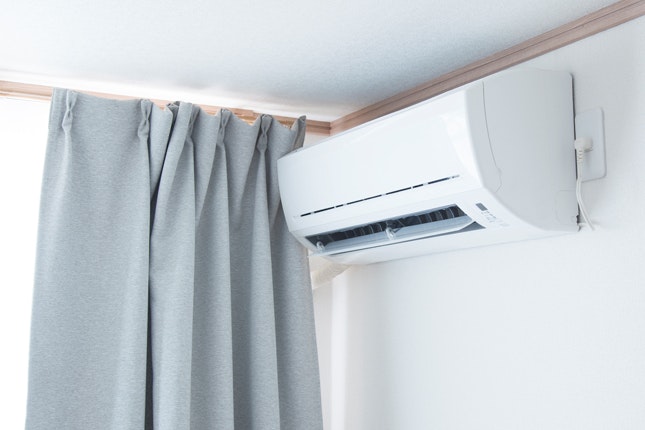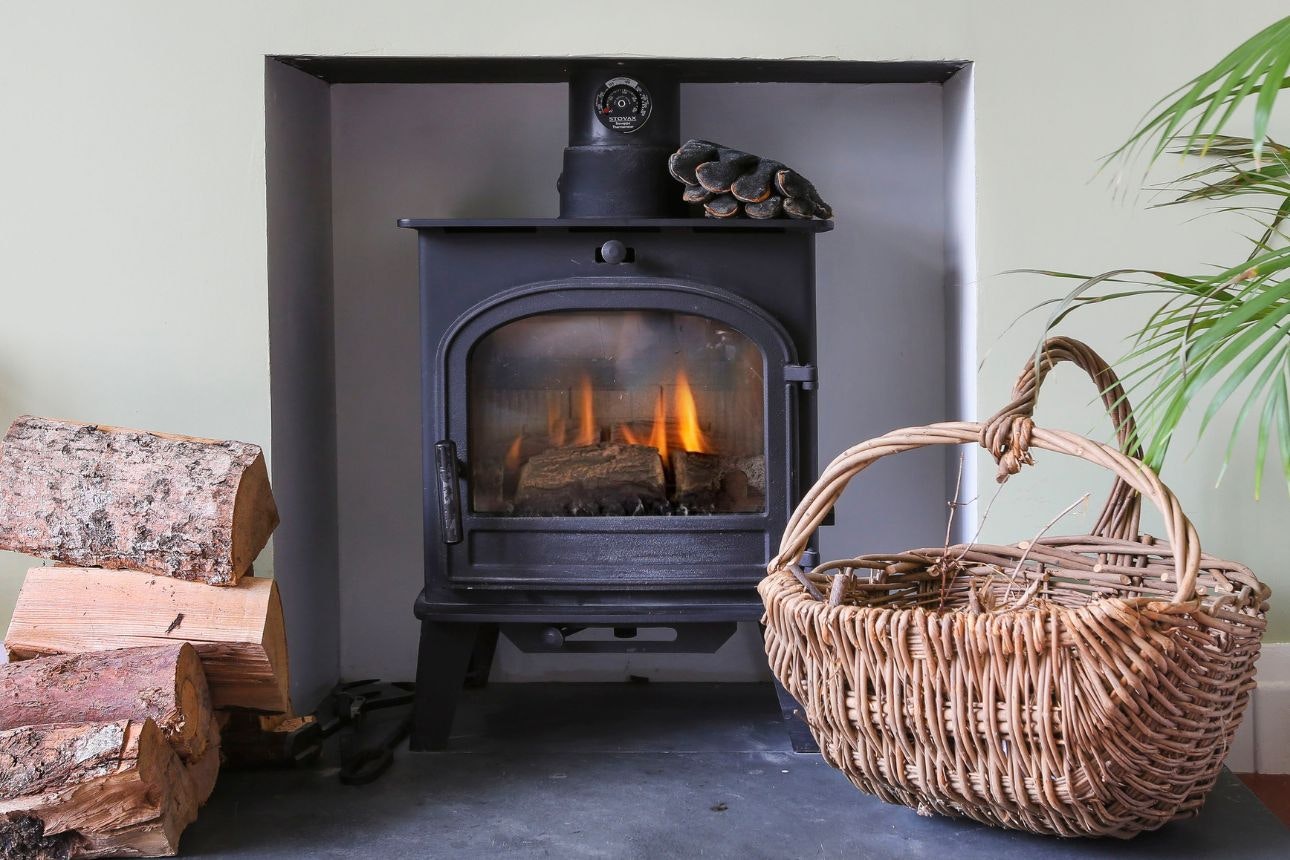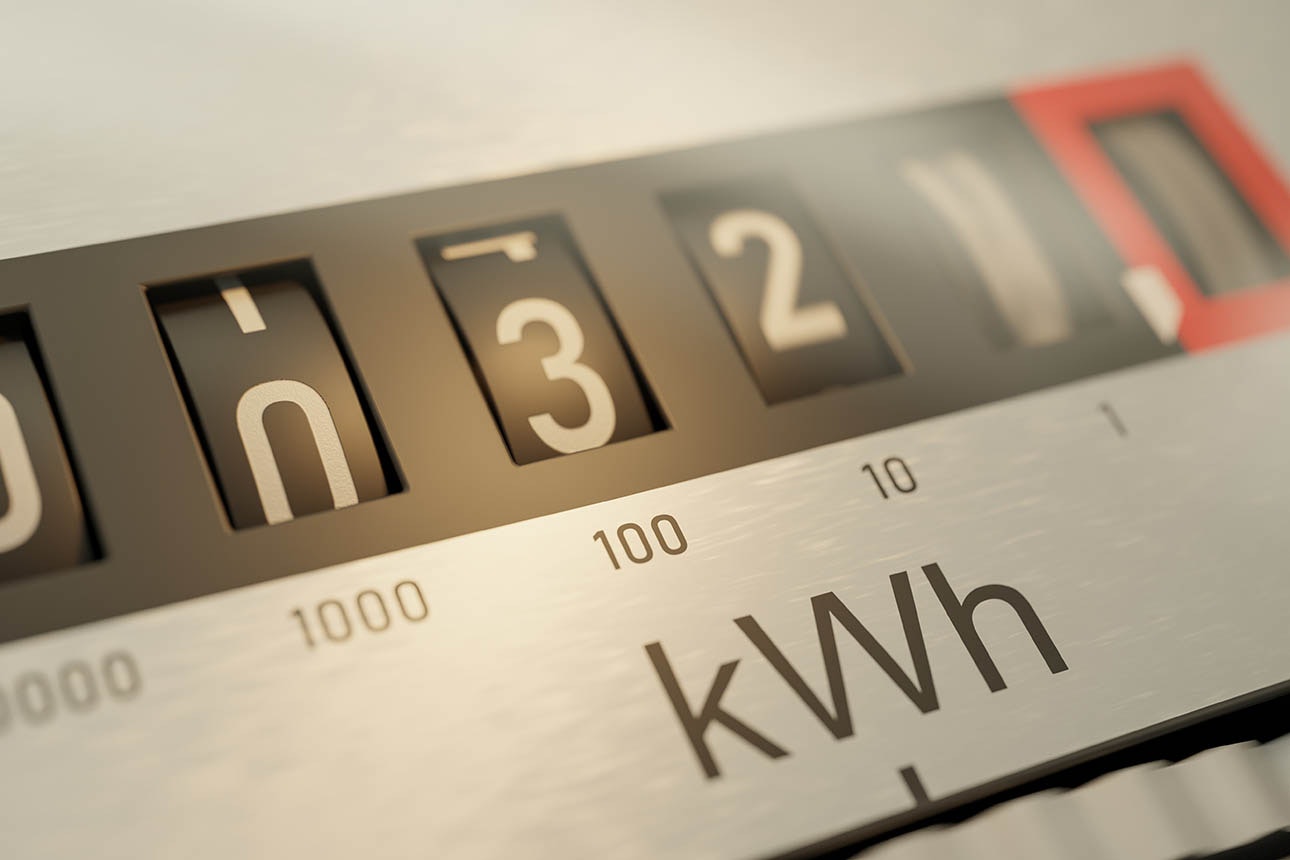Energy costs are surging. When the temperatures drop this winter, it’ll cost more than ever to keep your house warm and your showers hot. Find out the most affordable way to get the heat you need.
If you’re planning to renovate, or have a heating appliance that’s on its last legs, it could be time to embrace a new heating technology to lower your annual costs.
We took average power plan data from our Powerswitch website, and retail prices for firewood, wood pellets and LPG up and down the country, and crunched the numbers on how different fuel costs compare to one another this winter.

Daily charges are up 30% since 2023
Nearly everybody needs to cough up for fixed daily energy charges. The only way to avoid them is by disconnecting completely from the national grid, which isn’t realistic for many of us (and has its own costs).
This year, the average annual connection charge for electricity rose by $163 to $931 a year. Households now pay over $2.50 a day for the privilege of being connected to the national grid – before they’ve even switched on a light.
Natural gas saw a smaller hike, rising by $90 to $779 for the year. Gas users are now paying an average of $65 a month simply to maintain their connection.
That means electricity and gas connection costs have now both increased by more than 30% in the past 2 years.
Space heating
Heat pumps use electricity to shift heat from the air outdoors into your home. They can convert each unit of electricity into three or more units of warmth. Their efficiency comes with a hefty upfront price tag, but in a decent-sized living room a heat pump will more than pay for itself.
In contrast, plug-in electric heaters convert electricity directly into warmth with a 1:1 efficiency. Despite high running costs, their portability makes them a good option in small or occasionally used rooms, such as offices or bedrooms. But, with a maximum heat output of 2400W, they don’t have the power to tackle anything beyond very small living areas.
If you have a night-storage heater, you can make use of cheaper electricity rates overnight – but it’ll still cost much more to run than a heat pump.
A woodburner can cost as much as a plug-in heater or less than a heat pump – it all depends on where you get your firewood from.
Even if you already have a natural gas connection for other reasons, flued gas heaters are quickly becoming financially unfavourable. The average unit price of gas has risen by 33% since this time last year, and by 54% since 2023.
LPG heaters ceased to be affordable years ago.
GUIDE TO THE FIGURES Bars represent the range between maximum and minimum costs. Circles represent the national median. Electricity and natural gas costs are based on April 2025 data from powerswitch.org.nz. Other prices were collected in March 2025. GST is included.
Hot water heating
The electric hot-water cylinder is an iconic feature of the kiwi home, but it’s one of the least cost-effective methods for heating water.
Unfortunately, reducing your energy bill isn’t as simple as ripping out your electric cylinder and installing something else. If your existing water heater is still going strong, the cost of buying and installing a new heater will usually outweigh any savings in running costs. In the meantime, you might be able to reinsulate your old cylinder to improve its performance.
When you’re ready for something new, check whether a heat pump water heater is right for your home. A heat pump is the cheapest way to get hot water. They’re expensive to install but, as they’re the cheapest way to get hot water, can pay themselves off over a 15-year lifespan.
A wetback woodburner is another futureproof option, especially if you have access to a cheap source of wood.
Three short years ago, gas instant water heaters were clearly the cheapest option. However, huge hikes in the price of gas have now made them less cost-effective than heat pump water heaters.
Don’t install a new gas burner in 2025. At this stage, it’s almost certain to become economically unviable by the end of its lifetime.
How to use less hot water
Regardless of the technology you use, the best way to reduce your bill is to cut back on hot-water usage.
If your shower fills a 10L bucket in less than a minute at its normal setting, install a low-flow shower head.
Encourage your household to take showers rather than baths.
If you have a hot-water cylinder, make sure it’s insulated well. A wrap does wonders for retaining heat, even on a modern cylinder. Make sure to insulate all the pipes you can access too.
If your hot taps drip, get them fixed!
Renewable vs non-renewable fuels
Some heating fuels are much more environmentally friendly than others.
Carbon-neutral
Firewood is a good, eco-conscious heating option, as long as you’re using a woodburner. Make sure you burn dry wood and burn it hot, to minimise emissions and get more heat overall. Burning wet wood generates significant pollution, as do open fires.
Wood pellets for pellet burners are made from sawmill waste. As a byproduct of an existing industry, they create an even smaller environmental footprint.
Low-emissions
Electricity is a reasonably sustainable and low-emissions option – 88% of New Zealand’s electricity generation came from renewable sources in 2023 (the latest period the government has published data for).
A larger portion of the electricity used between 7am to 11am and 5pm to 9pm on weekdays is generated from gas and coal, while close to 100% of electricity used outside of those times comes from renewable sources. If you want to minimise the environmental impact of your heating, try to use your electric space heater less during peak times.
The government was working toward 100% renewable electricity generation by 2030, but it abandoned that target in 2024.
Carbon-emitting
Natural gas (ie, methane) and LPG are fossil fuels that release carbon dioxide when burned.
Another option: solar
Photovoltaic (PV) panels mounted on your roof will generate electricity whenever the sun shines. In a grid-tied system, the electricity you generate supplies your home’s energy needs, with any surplus power sold back into the national grid.
The economics of this system depend on where you live, your home, and how you use electricity.
Solar is unlikely to substantially reduce your heating bills in winter because it generates the most power on sunny summer days.
Will solar suit you?
PV systems are most suited to homes that use electricity as it’s generated. Batteries can store excess power to use later in the day, but because they’re expensive, it’s currently cheaper to buy the rest of your power from a retailer. For more on solar power, see our article on whether solar panels are right for your home.
Solar hot water
You can also use the sun to help heat your water, but solar hot-water systems are expensive to install and must remain trouble-free for many years before you recover costs. This doesn’t always happen.
Solar water heating also uses an electric heater to keep the water above 60°C, protecting you from legionnaires’ disease. During winter, when you need to supplement the sun’s energy, this adds to the running cost.
Before you commit to solar water heating, try reducing the hot water you use in your existing system first.

Could your next power bill be smaller?
Powerswitch is the free, independent way to check your power plan in just 3 minutes, and see if you could save - backed by Consumer NZ.


